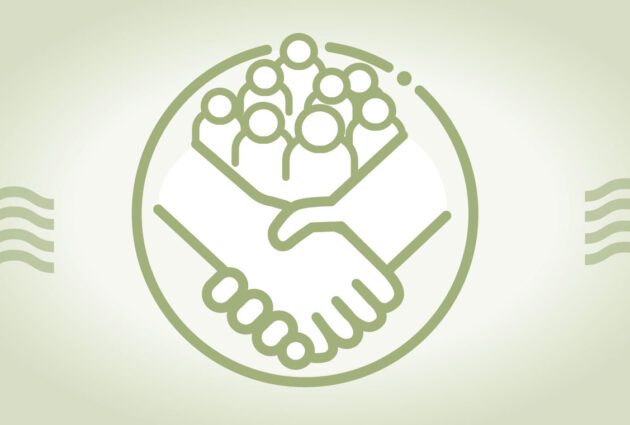Making Milwaukee a Lead Safe City
At a Glance
This grant ended on July 12, 2024.
Lead exposure in children causes serious, adverse health outcomes including brain and nervous system damage and interference with growth, development, learning, behavior, hearing and speech. Racial inequities in lead poisoning persist in Wisconsin as African American children were lead poisoned at 3.5 times the rate of non-Hispanic white children. This project aims to reduce childhood lead poisoning and prenatal exposure to lead and advance health equity through three goals.
The Challenge
Lead exposure in children causes serious, adverse health outcomes including brain and nervous system damage and interference with growth, development, learning, behavior, hearing, and speech. Racial inequities in lead poisoning persist in Wisconsin as African American children were lead poisoned at 3.5 times the rate of non-Hispanic white children. Additionally, nearly thirty census tracts on Milwaukee’s North Side had rates between three and nine times the state average. Significant gaps exist in the prevention, detection, and treatment of lead poisoning in Milwaukee, leaving thousands of children and pregnant people without the care they need.
Project Goals
This project, led by Walnut Way Conservation Corp., the Coalition of Lead Emergency’s (COLE) Parents Lead Committee, Children’s Wisconsin, the Milwaukee Health Department and the UW-Milwaukee Zilber School of Public Health, aims to employ a community-driven approach to significantly reduce childhood lead poisoning and prenatal exposure to lead in Milwaukee and address the significant health risks and persistent inequities of lead poisoning rates in impacted neighborhoods. The partners are taking a multi-pronged approach to this work including developing a community-based lead poisoning detection and intervention program to serve residents of Milwaukee’s Northside; convening a parent-led stakeholder leadership group to strengthen the continuum of care for the prevention, detection and treatment of childhood lead poisoning in Milwaukee; and training and mobilizing parents and caregivers who have been impacted by lead to develop community-driven solutions.
